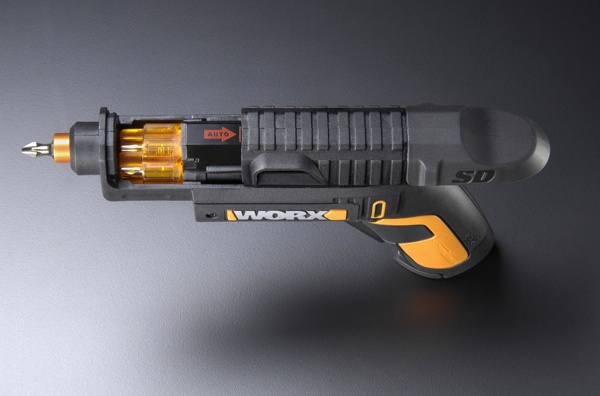Instrumentation is a cornerstone in various industries, enabling precise measurement, control, and monitoring of processes and equipment. From healthcare to aerospace, its significance is paramount. In this article, we delve into the realm of instrumentation, addressing key questions to shed light on its importance and diverse applications.

What exactly is instrumentation, and why is it crucial?
Instrumentation encompasses the science and practice of measuring and controlling variables within processes or systems. It includes a broad range of devices, sensors, and instruments designed to collect data, monitor conditions, and facilitate control mechanisms. Whether in industrial settings, scientific research, or everyday scenarios, instrumentation ensures accuracy, reliability, and safety. It empowers professionals to gather precise data, make informed decisions, and optimize performance. In industries like manufacturing, healthcare, and environmental monitoring, instrumentation is indispensable for maintaining quality standards, boosting productivity, and mitigating risks.
How does instrumentation drive technological advancements?
Instrumentation plays a pivotal role in propelling innovations across various sectors. In fields like aerospace, automotive, and telecommunications, advanced sensors and instruments enable real-time monitoring, predictive maintenance, and automation. For instance, within the automotive industry, onboard instrumentation systems monitor engine performance, emissions, and safety parameters, optimizing fuel efficiency and enhancing vehicle reliability. Similarly, in healthcare, medical instrumentation facilitates diagnostic imaging, patient monitoring, and drug delivery, leading to improved treatment outcomes and patient care.
What are some common types of instrumentation utilized across industries?
The diversity of industries reliant on instrumentation highlights its versatility and adaptability across a spectrum of applications. Common types of instrumentation include pressure gauges, temperature sensors, flow meters, level sensors, and analytical instruments such as spectrometers and chromatographs. In manufacturing, instrumentation is vital for process control, quality assurance, and regulatory compliance. In environmental monitoring, instruments like air quality sensors and water quality analyzers aid in tracking pollution levels and ensuring environmental sustainability. Moreover, instrumentation plays a crucial role in research fields like physics, chemistry, and biology, facilitating experiments, data analysis, and hypothesis validation.
How does instrumentation intersect with Geonet and its functionalities?
Geonet, leveraging instrumentation, collects, analyzes, and visualizes spatial data to monitor environmental parameters, track geological phenomena, and manage natural resources. It employs sensors, GPS devices, and geographic information systems (GIS). In geology, instrumentation is crucial for studying seismic activity, monitoring volcanic eruptions, and assessing landslide risks. In agriculture, precision instrumentation aids in optimizing crop yields, managing soil fertility, and conserving water resources. Additionally, in urban planning and disaster management, Geonet utilizes instrumentation to assess infrastructure integrity, plan evacuation routes, and coordinate emergency responses.
Instrumentation is fundamental to modern technology, enabling precise measurement, vigilant monitoring, and efficient control across diverse industries. From enhancing productivity in manufacturing to ensuring safety in healthcare, instrumentation drives efficiency and innovation. By harnessing its power, businesses and researchers can unlock new opportunities, optimize processes, and confront complex challenges. Whether monitoring environmental conditions or optimizing industrial operations, instrumentation remains essential in shaping a smarter, more sustainable future.